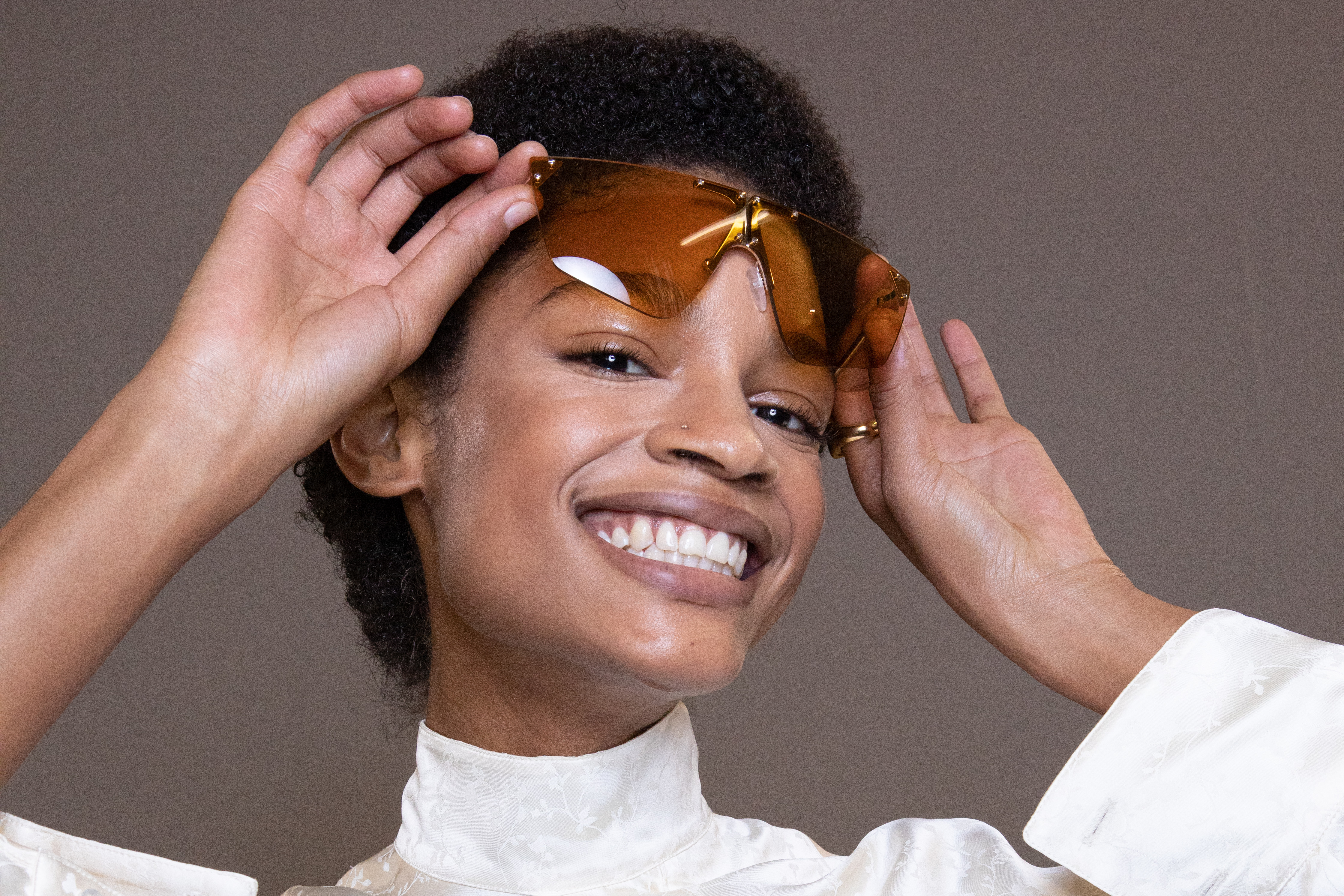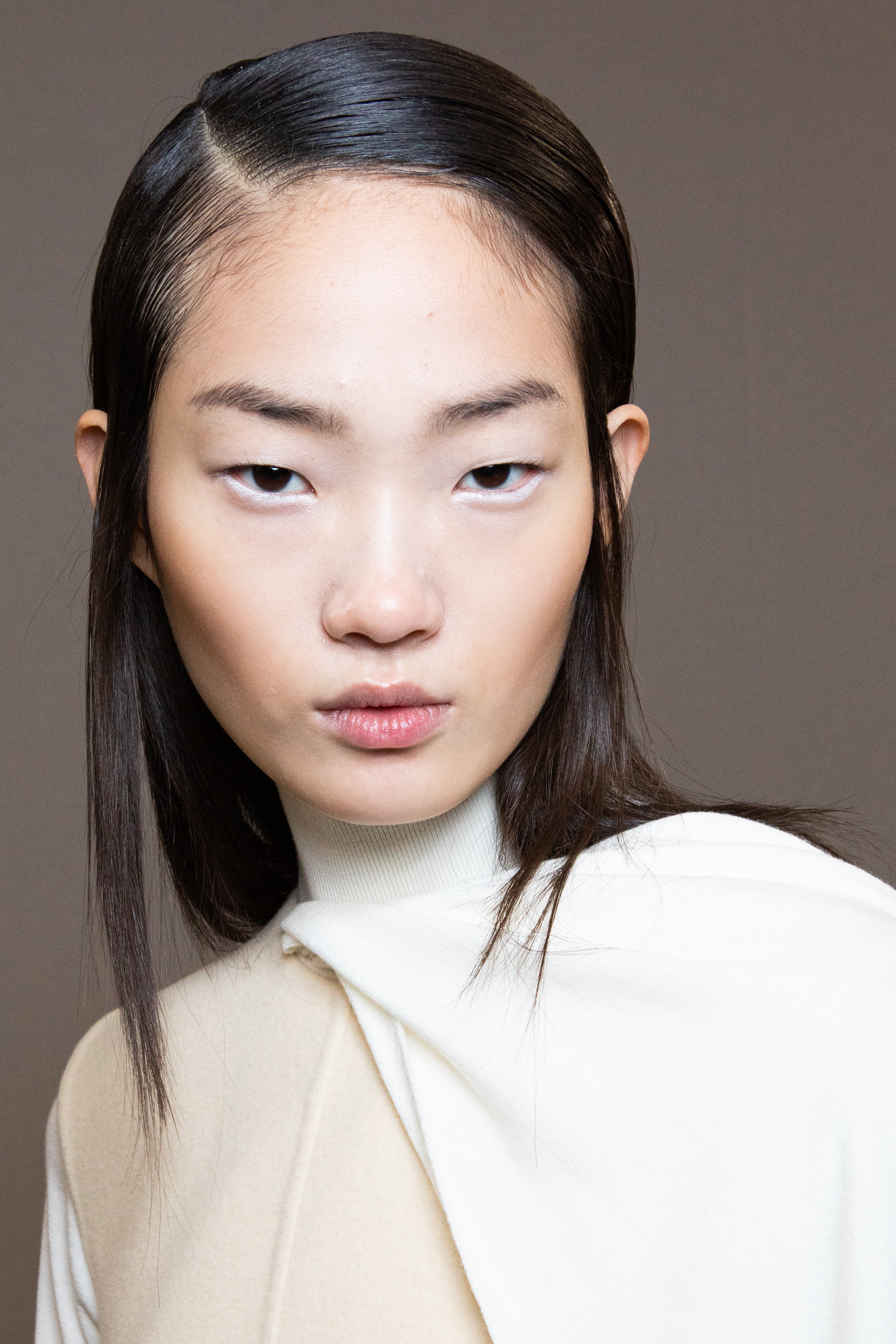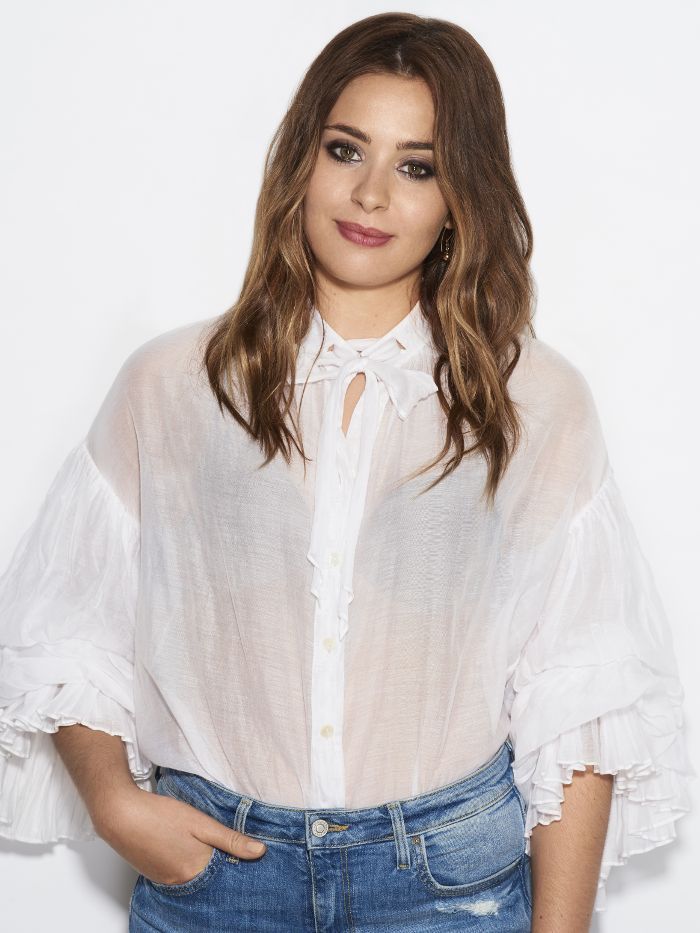News feed

How to treat acne is one of the most commonly Googled skincare questions ever. And given that acne is the most wide-spread skincare condition in the world, it’s understandable. The problem though is that the internet (and social media) offer up a never-ending stream of information, and while some of it is helpful, a lot of it isn’t. The fact that acne is an extremely complex condition only makes the waters even murkier, so to help reinstate a little clarity, we called on the expertise of Dr. Michele Squire. A PhD-qualified scientist, science educator, and former Registered Nurse who has been researching skincare science for more than 17 years, Dr. Squire is the founder of QR8, an incredible business that works to curate effective skincare routines using what already exists on the market. Her decisions are based in fact, and sifts through all the marketing fluff, false claims and sub-par formulations beauty is inundated.
Dr. Squire has kindly offered her skill set to help us pull together a mini series on skin (more in the coming weeks), but here felt like a good place to start. See Dr. Squire acne explainer below.
WHAT CAUSES ACNE:
“Acne is actually a chronic and complex disease involving genetics, hormones, excess sebum (oil) production, an immune inflammatory response to a specific acne-causing bacterium (Propionibacterium acnes, now called Cutibacterium acnes) and improper shedding of skin cells, which accumulate and block pores. So you can see why it’s so difficult to treat!”
MISCONCEPTIONS ABOUT ACNE:
“It’s a common misconception that dirty skin or poor hygiene causes acne. This leads to people over-washing and scrubbing their face in the belief that they will reduce breakouts. This can actually exacerbate inflammation and dryness, especially if you are using targeted skincare for acne or poorly-formulated soaps, cleansers and harsh scrubs. Over washing often results in overcompensation of the oil glands and more oil being produced!”
SO WHAT DOES AN EFFECTIVE ACNE TREATMENT PLAN LOOK LIKE?
“There are a huge number of over the counter ingredients and products that claim to treat acne.
Here’s a basic routine:
A gentle but effective cleanser: Surprisingly, there is little robust science supporting cleansing as an acne treatment. It’s important though to gently but thoroughly cleanse your skin as a basic hygiene measure, to remove excess oil, makeup, sunscreen, perspiration and the microbes and skin cells that get stuck in that. Twice daily washing with a mild cleanser seems to be the magic number to keep breakouts at bay. There is also limited science underscoring the use of cleansers with added anti-acne ingredients (salicylic acid, benzoyl peroxide, alpha-hydroxy acids), but these also won’t hurt, unless you find the formula particularly drying.
Azelaic acid: controls the overgrowth of acne-causing bacteria as well as preventing blocked pores (benzoyl peroxide has a similar function, but it is more drying and irritating).
Salicylic acid: unblocks pores and reduces irritation.
Niacinamide (Vitamin B3): inhibits sebum production to reduce skin oiliness.
A light moisturiser.
Sunscreen: many topical acne treatments make skin more sun sensitive, so don’t forget sunscreen.”

EXPERT PRODUCT RECOMMENDATIONS:
“Some accessible, effective products I recommend to acne-prone patients below:
Cleanser: CeraVe Foaming Cleanser
Azelaic acid: Ego Azclear Action Medicated Lotion
Salicylic acid: Paula’s Choice 2% BHA Liquid Exfoliant
Niacinamide: Clear Skincare B3 Serum
Moisturiser: La Roche-Posay Effaclar Duo +”
lifestyle advice:
“Acne is the most common skin disorder worldwide, and many myths and misinformation circulate about treatments, particularly by non-healthcare sources on social media (which unfortunately is the first place most teens turn to for advice). See my thoughts on lifestyle factors below.
Dairy causes acne: There is almost no direct scientific evidence of the role that diet (particularly dairy products) plays in acne, although there is a lot of anecdotal evidence that cutting out certain food groups positively impacts acne breakouts (note: anecdotal evidence isn’t good evidence!). My advice? Steer clear of very restrictive diets and multiple expensive skin supplements, and follow a healthy, low GI diet as part of your overall acne treatment
Sunlight is good for acne: there is zero scientific evidence of this. In fact, many treatments for acne also cause sensitivity to sunlight, so sun protection and avoidance is a better
Stress aggravates acne: We do know that stress plays a part in acne, so I encourage lifestyle habits that help keep stress under control.”
Do I need to see an expert?
“For mild-moderate comedonal acne (the type with blackheads and whiteheads), treating yourself with over the counter topicals may be sufficient. But remember, there is no miracle or overnight cure (despite what your favourite influencer might tell you!). Acne scarring lasts a lifetime, so if you don’t see any improvement after a month of consistent treatment, it’s time for a visit to your GP or dermatologist.
Likewise, if you have chronic or severe inflammatory acne. I see people who battle acne for years themselves, only to have it quickly under control with the right, expertly-prescribed treatment.”









